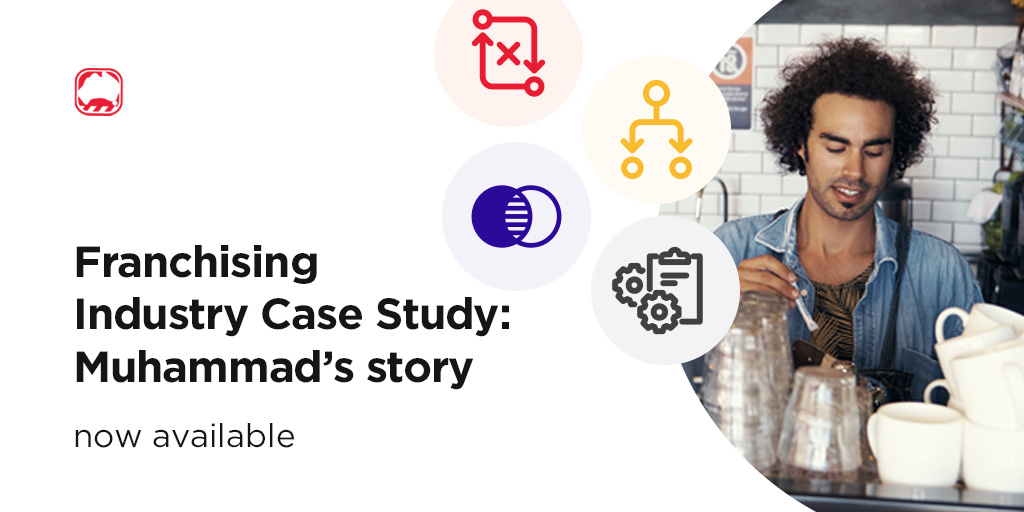[ad_1]
Safe Work Australia has published 2 case studies for the franchising and outsourcing industries.
The case studies practically demonstrate the 4 model WHS Act principles that apply to work health and safety duties and the duty to consult, cooperate and coordinate with other duty holders.

Muhammad’s story
Muhammad owns a café franchise company as part of an emerging Australian café chain, headed by Robusta Holdings. As the head franchisor, Robusta Holdings, sets out requirements for the operation of the cafés operating under its brand.
Both Robusta Holdings and Muhammad’s franchise company are PCBUs, and have a shared duty to ensure, so far as is reasonably practicable, the health and safety of workers working at the cafe and other persons in the cafe such as customers. This means they must consult, coordinate and cooperate activities with each other, and cannot contract out of or transfer their WHS obligations. However, to make sure they both meet their duties and avoid unnecessary duplication of effort, they can enter into an agreement to manage the WHS risk or meet a WHS obligation.
Learn more about Muhammad’s experience in the franchising industry

Anton’s story
Anton owns a call-answering service company, CyberEA Pty Ltd, which employs receptionists in Australia to answer telephone calls on behalf of other businesses. One of CyberEA’s clients is SmithCo, a family law firm.
CyberEA and SmithCo are PCBUs and share a duty to ensure, so far as is reasonably practicable, the health and safety of CyberEA’s receptionists.
Both PCBUs must consult, cooperate and coordinate with each other so far as is reasonably practicable to discharge their duties. CyberEA is well positioned to manage many WHS risks as they have control over daily operations. SmithCo takes actions to verify that the receptionists are provided with a safe work environment and WHS risks are being managed.
Learn more about Anton’s experience in the outsourcing industry
[ad_2]
Source link
